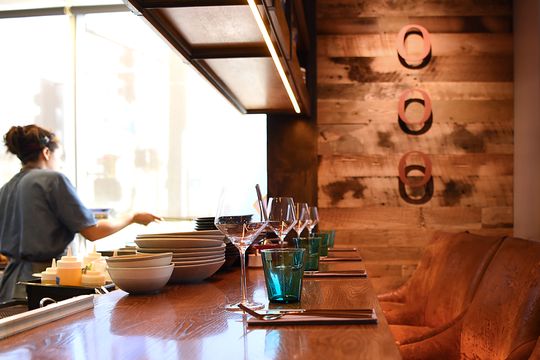Peter Loria still recalls with disappointment the time he tried to open a restaurant in Ridgewood. He poured a chunk of his retirement savings into what he thought would become a destination for New Jersey food lovers, but he hit a common roadblock.
“I couldn’t get a liquor license,” Loria, who owns Café Matisse in Rutherford, said of the 2007 project. “So it never opened. It was heartbreaking.”
Loria is one of countless casualties of New Jersey’s notoriously restrictive laws governing who can sell alcohol. Those laws, which date back to the post-Prohibition era, limit municipalities to one liquor license per 3,000 residents. In places where demand is high, licenses can sell for $1 million or more — if they are available at all.
The result is a dining scene that, in the words of Morris Davis, a Rutgers professor who studies the economics of real estate and housing, is “diseased.” And more problematic still, the laws are seen by local officials as holding back efforts to revitalize downtownsand attract new, often younger residents.
New liquor license laws, experts say, could strengthen New Jersey’s economy.

